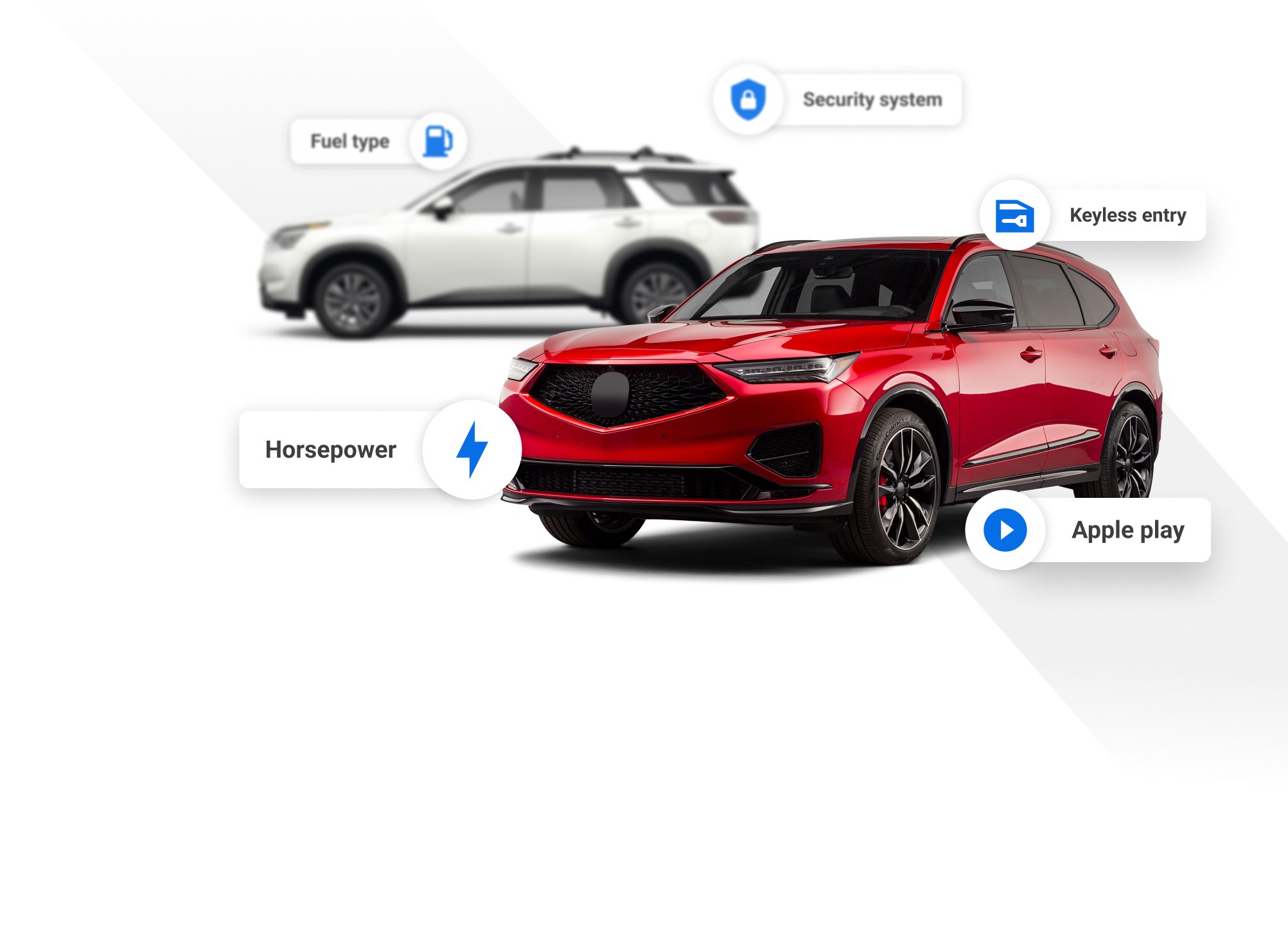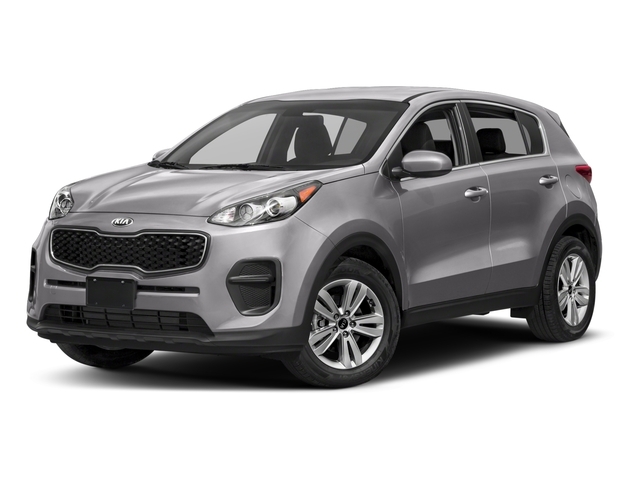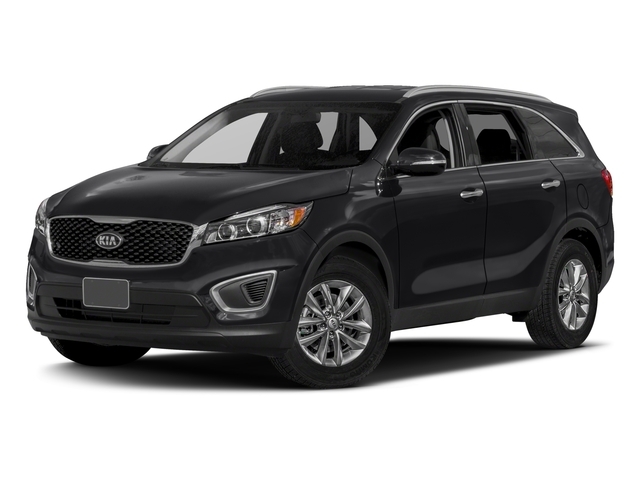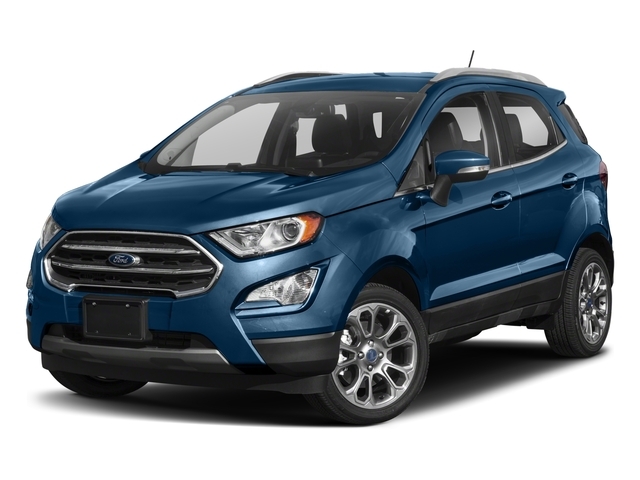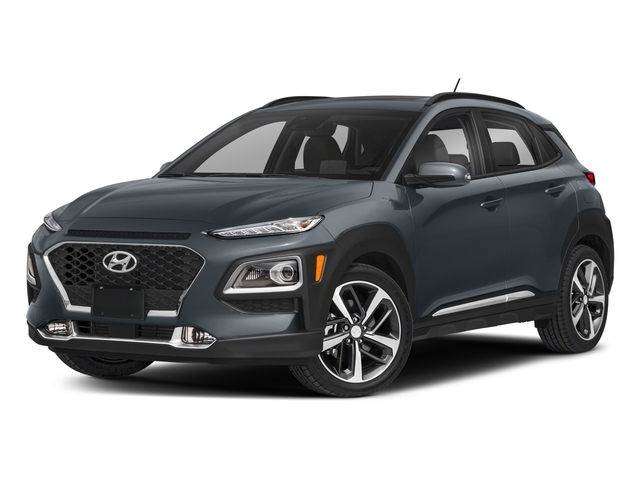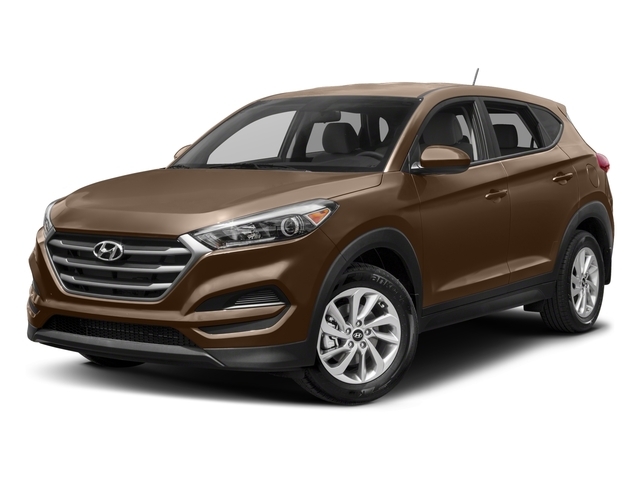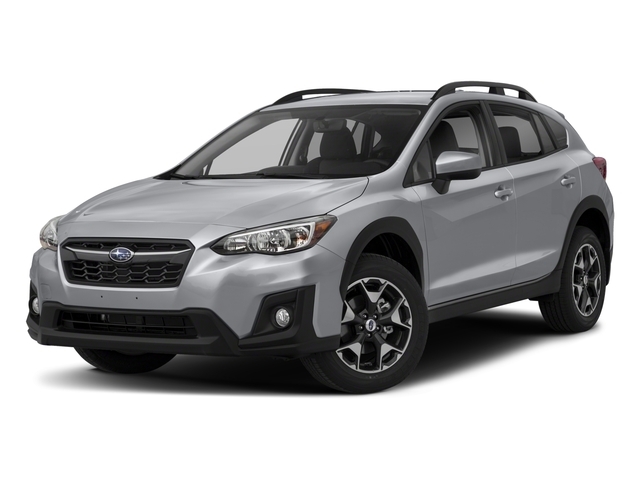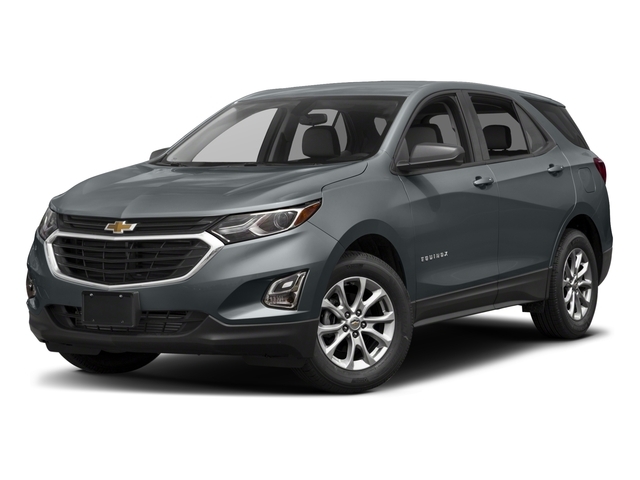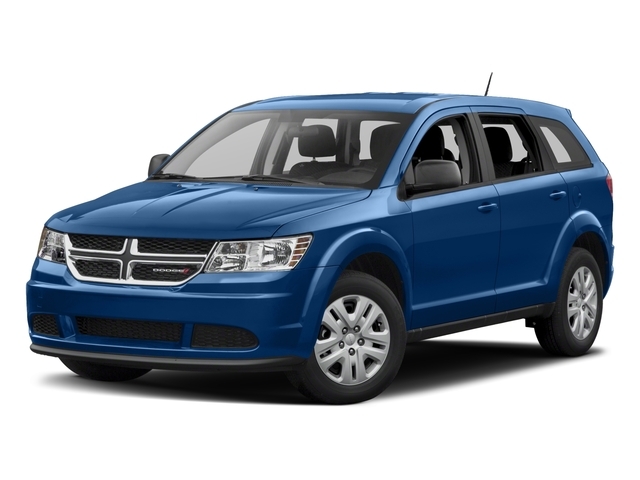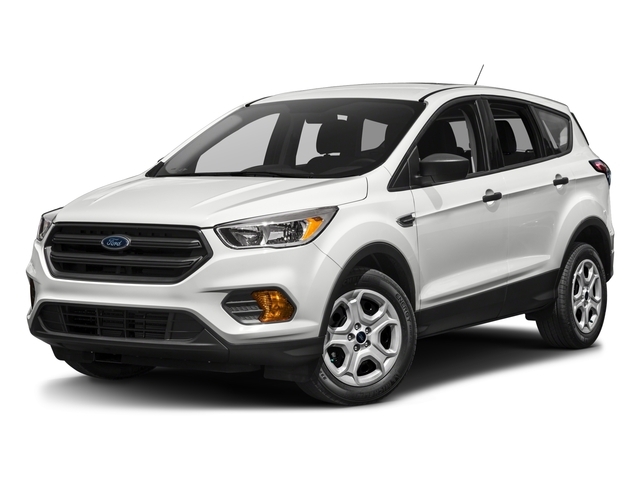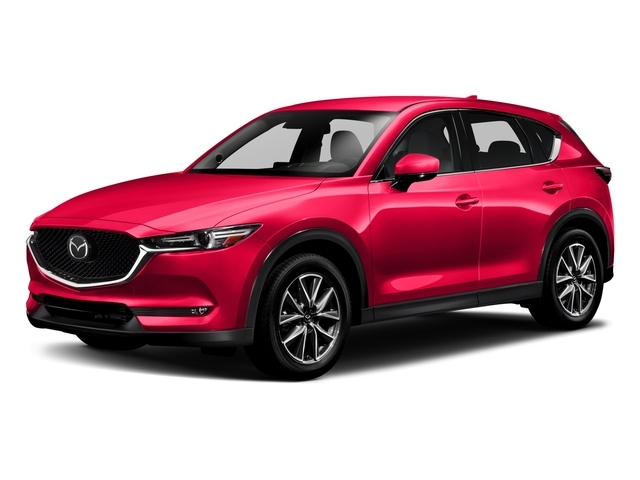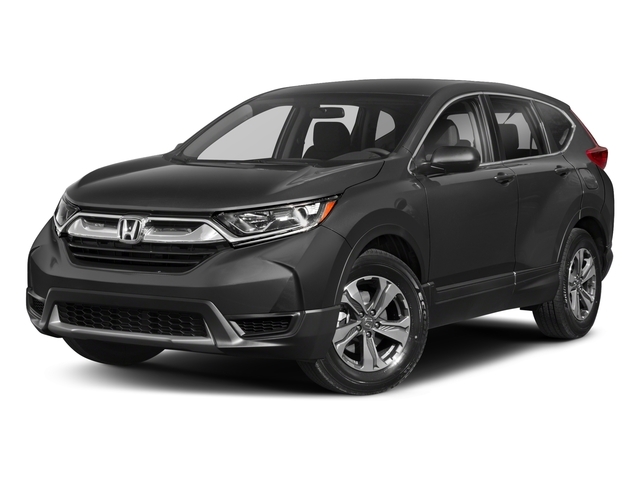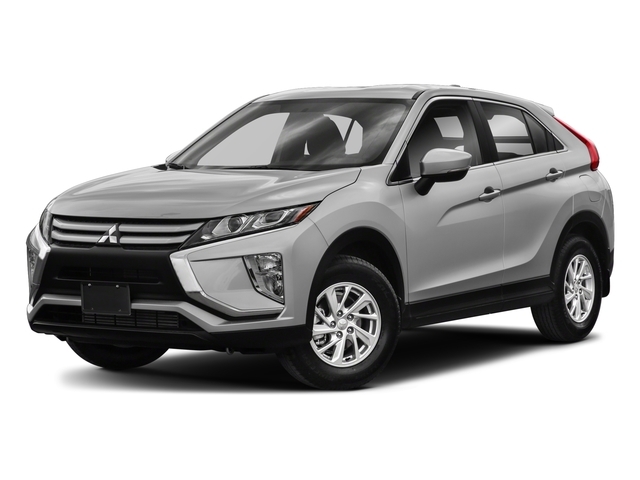
2018 Mitsubishi RVR

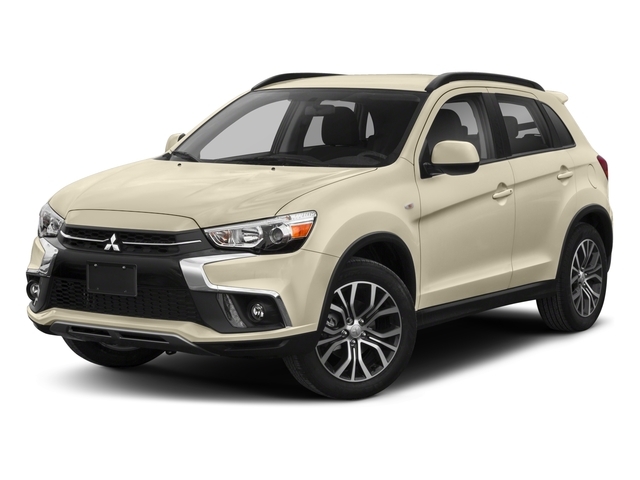
Key Specifications for 2018 Mitsubishi RVR






Buyer’s Guide
Since 2011, the RVR has served as the entry point to Mitsubishi's crossover range, a compact utility known in the U.S. as the Outlander Sport but that Mitsu Canada prefers to market as a separate entity from that larger model.
It returns for 2018 with just one change, that being the elimination of the five-speed manual transmission that used to be standard kit in front-wheel drive variants. Now all models use a continuously variable (CVT) automatic.
The RVR is otherwise unchanged following an update two years ago that brought refreshed styling and more choice under the hood. The RVR comes in four distinct trims (ES, SE, SE LTD and GT) and can be powered by 2.0L and 2.4L engines and had with front- or all-wheel drive.
The engines' specs look like technology from nearly 10 years ago, because that's what they are. The 2.0L makes 148 hp and 145 lb-ft of torque, while the 2.4L is good for 168 hp and 167 lb-ft. ES and SE models come out of the box as front-drivers; the SE can be optioned with Mitsu's "All-Wheel Control" all-wheel drive system, while the SE LTD and GT get it as standard.
ES trim is the least-flashy way to get an RVR, with its 16-inch steel wheels and plastic covers, but functionally, it's a nicely-equipped vehicle with heated front seats, six-way manual driver's seat, automatic climate control, cruise control, seven-inch infotainment touchscreen with Apple CarPlay and Android Auto and trip computer.
SE LTD trim adds 18-inch wheels and the 2.4L engine. GT models build on that with the addition of HID headlights, power-folding side mirrors, panoramic sunroof, auto-dimming rearview mirror, automatic headlights, passive keyless entry and rain-sensing wipers. GT options include packages that add niceties like leather seating, a power driver's seat and a nine-speaker stereo system with a subwoofer.
The RVR is an attractive little vehicle that presents good value and boasts impressive warranty coverage. It's not a terrible performer either; it's biggest problem is standing out in a field that continues to grow and evolve with vehicles like the Ford EcoSport, Nissan Qashqai and Toyota C-HR.
Fuel consumption varies little between the two available engines: 2.0L models are rated 10.1/8.2 L/100 km (city/highway) while the 2.4L's estimates are 10.3/8.3.
Review & Compare:
Photos


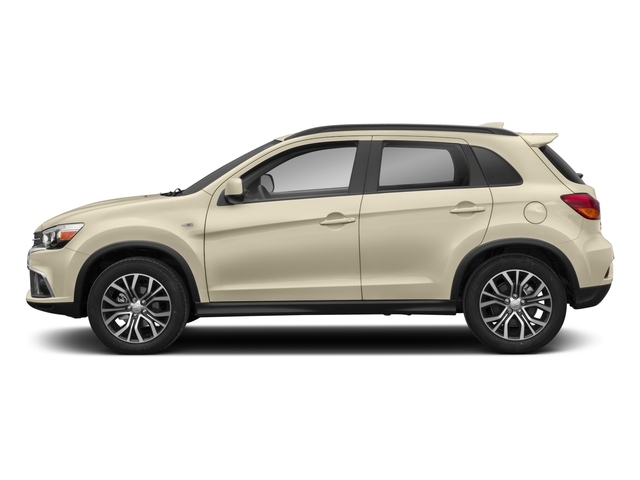
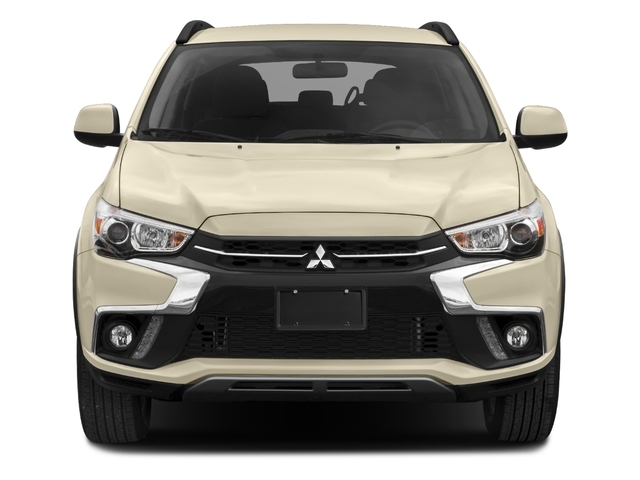
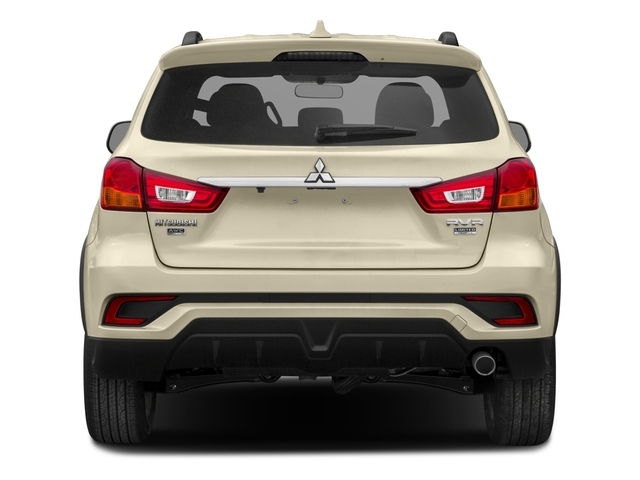
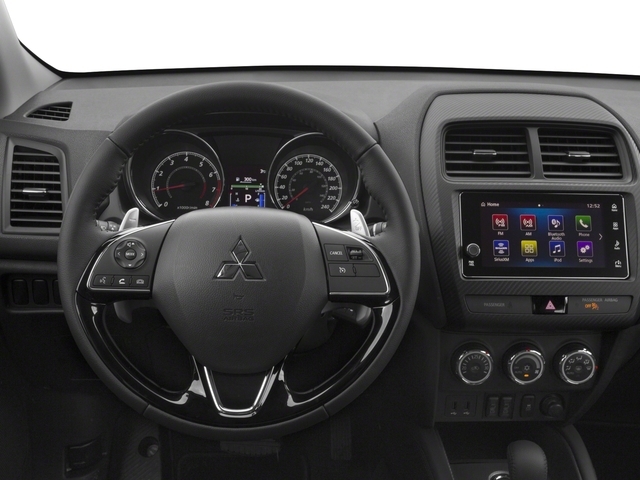
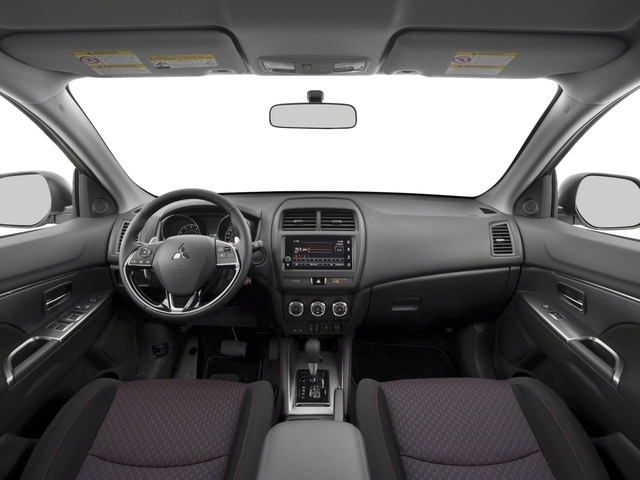
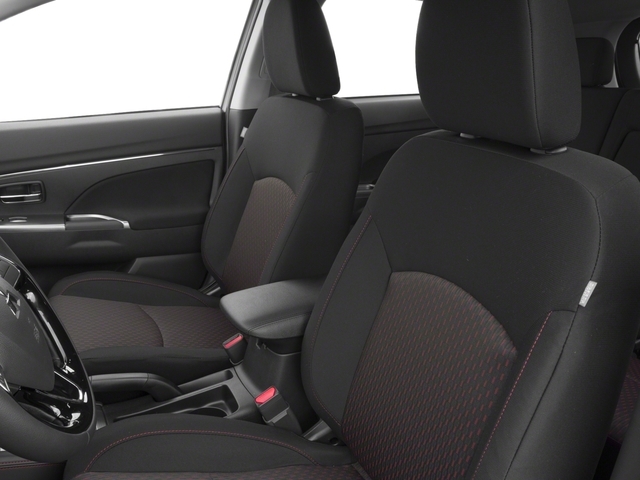
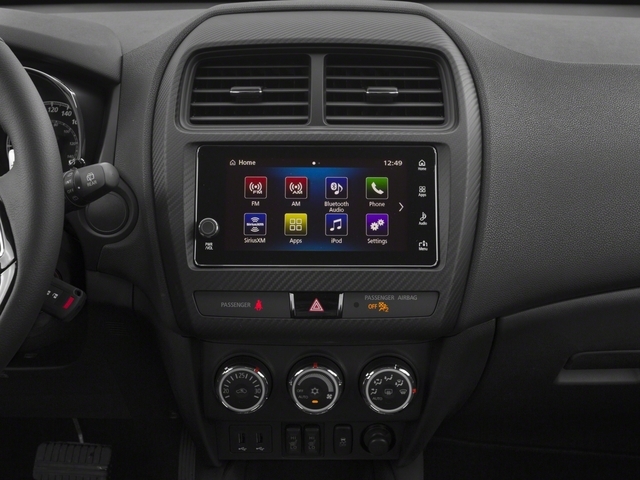
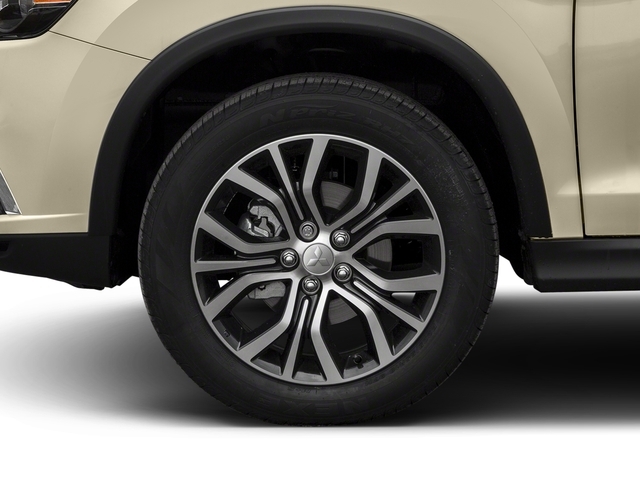
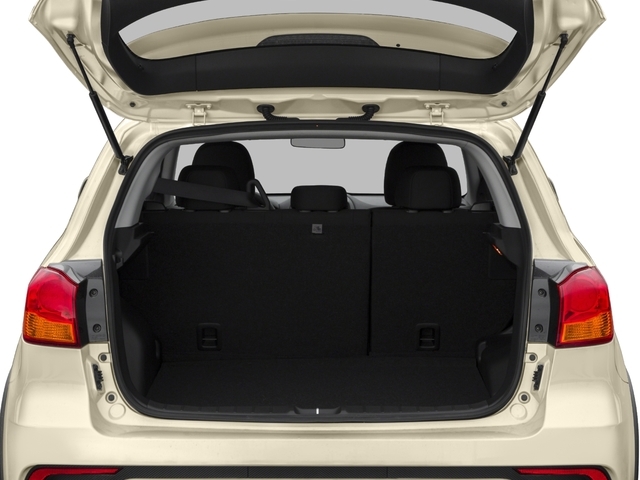
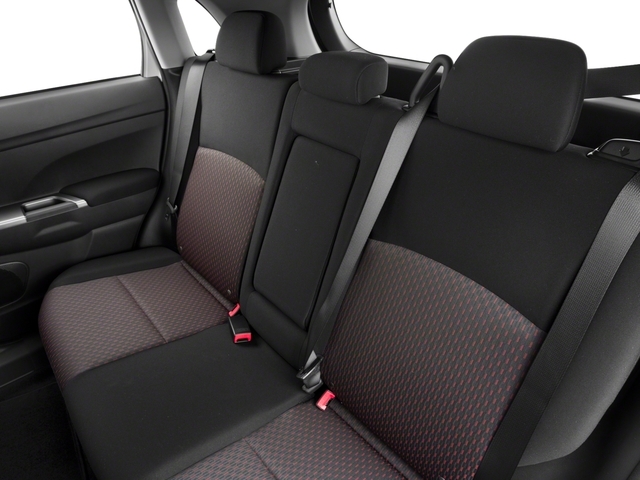
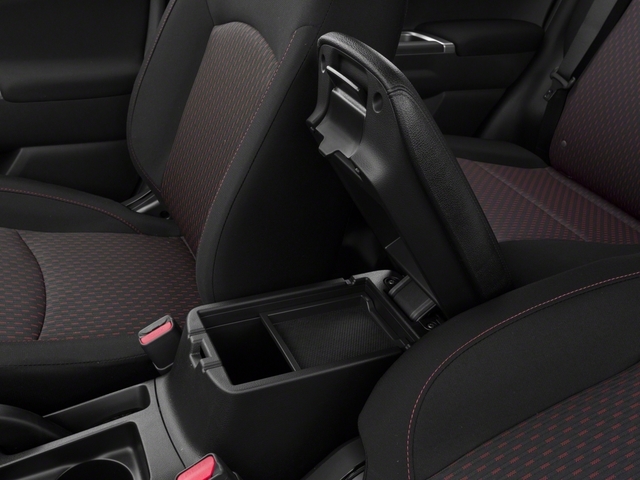
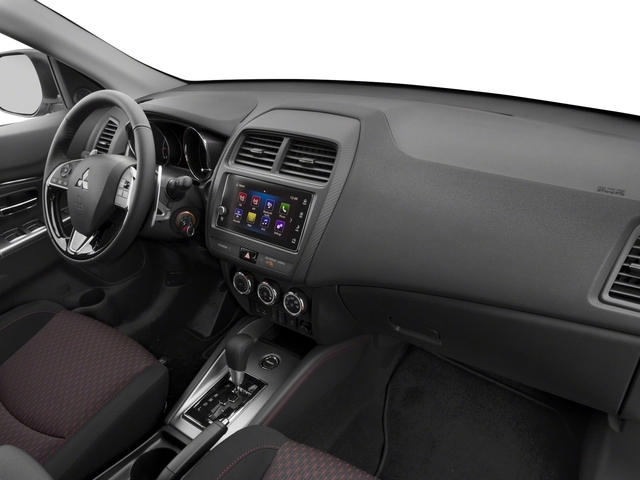














AutoTrader Review


This vehicle has not yet been reviewed



